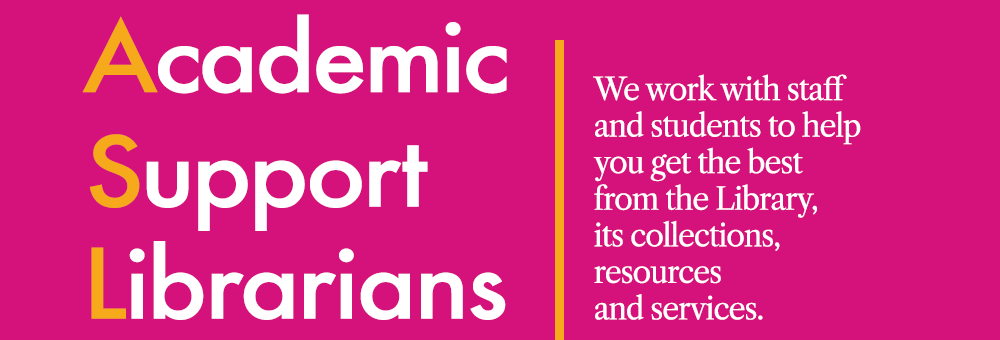
Ruth Jenkins FHEA
We recently celebrated the success of the latest member of the Academic Support Librarian team to gain Fellowship of the Higher Education Academy, Ruth Jenkins. I caught up with colleagues to find out more about what this qualification means to them.
What did you learn through undertaking the qualification?
Undertaking reflective writing to evidence the professional standards framework helped colleagues to think more analytically about designing teaching and learning experiences.
“I feel it genuinely improved my approach to teaching in all kinds of scenarios, and gave me the vocabulary to discuss what I offer with academic colleagues” – Marshall Dozier
“I really benefited from working with a mentor for the EDTA portfolio route to SFHEA. I specifically asked for a mentor from Professional Services, who was able to give me insights into university structures and processes for supporting teaching and learning” – Christine Love-Rodgers
“As a route to FHEA, I would recommend the PGCAP for people looking for more structured approach to building their knowledge and enhancing support for learning.” – Ruth Jenkins
How have you applied the qualification?
The key themes that came up were increased confidence, more active learning in their teaching and more careful design for authentic learning.
“For example, in October I ran a literature searching workshop in a lecture theatre – not the ideal room type. Rather than a static lecture, I built it almost entirely around the students’ answers to prompts using polls and questionnaires, and demonstrated a literature search based on their decisions.” Ruth Jenkins
“It has also supported me in design and delivery of credit-bearing postgraduate courses as well as participating ELDERs and other course or programme review workshops.” – Marshall Dozier
“Since then I’ve taught many students, developing new sessions and scaffolding learning across multiple years. What I learnt in achieving Associate Fellow has been the bedrock of much of my practice and given me confidence in my teaching.” – Anna Richards
“Though it can be challenging, if not impossible, to fully apply what you learn throughout the FHEA application experience in the often constrained reality of information literacy instruction, I have been able to enhance my design and planning of IL sessions through greater focus on the principles of constructive alignment and attention to the organisation of the learning environment.” – Robert O’Brien
Would you recommend undertaking this qualification?
Colleagues felt strongly that the FHEA qualification was a validation of the support for learning that library staff provide, enhancing their credibility as teachers and helping to facilitate collaboration with academics.
“It provides national recognition of the work that we do and encourages you to reflect on all the different ways that we support students.“ – Anna Richards
“It felt like a real achievement and a recognition that librarians deserve a seat at the table alongside our academic colleagues”. – Christine Love-Rodgers
“FHEA accreditation is increasingly sought-after in academic settings, so it can support applications for librarian positions with a strong teaching focus or promotion opportunities within library academic support teams.” – Robert O’Brien
Find out more about University of Edinburgh programmes to support these qualifications at Accreditation, programmes & events | Institute of Academic Development.
Christine Love-Rodgers & ASL colleagues
